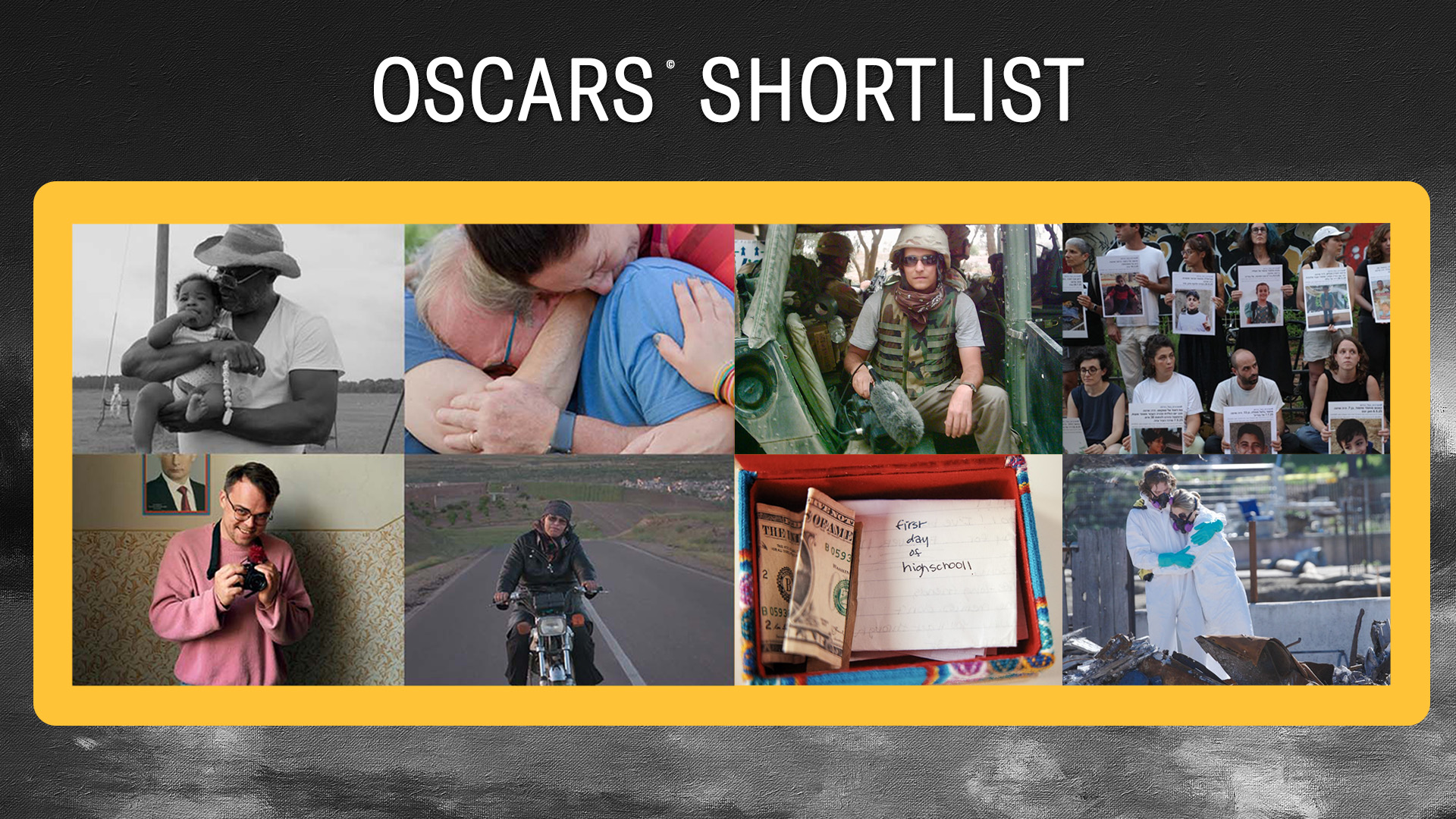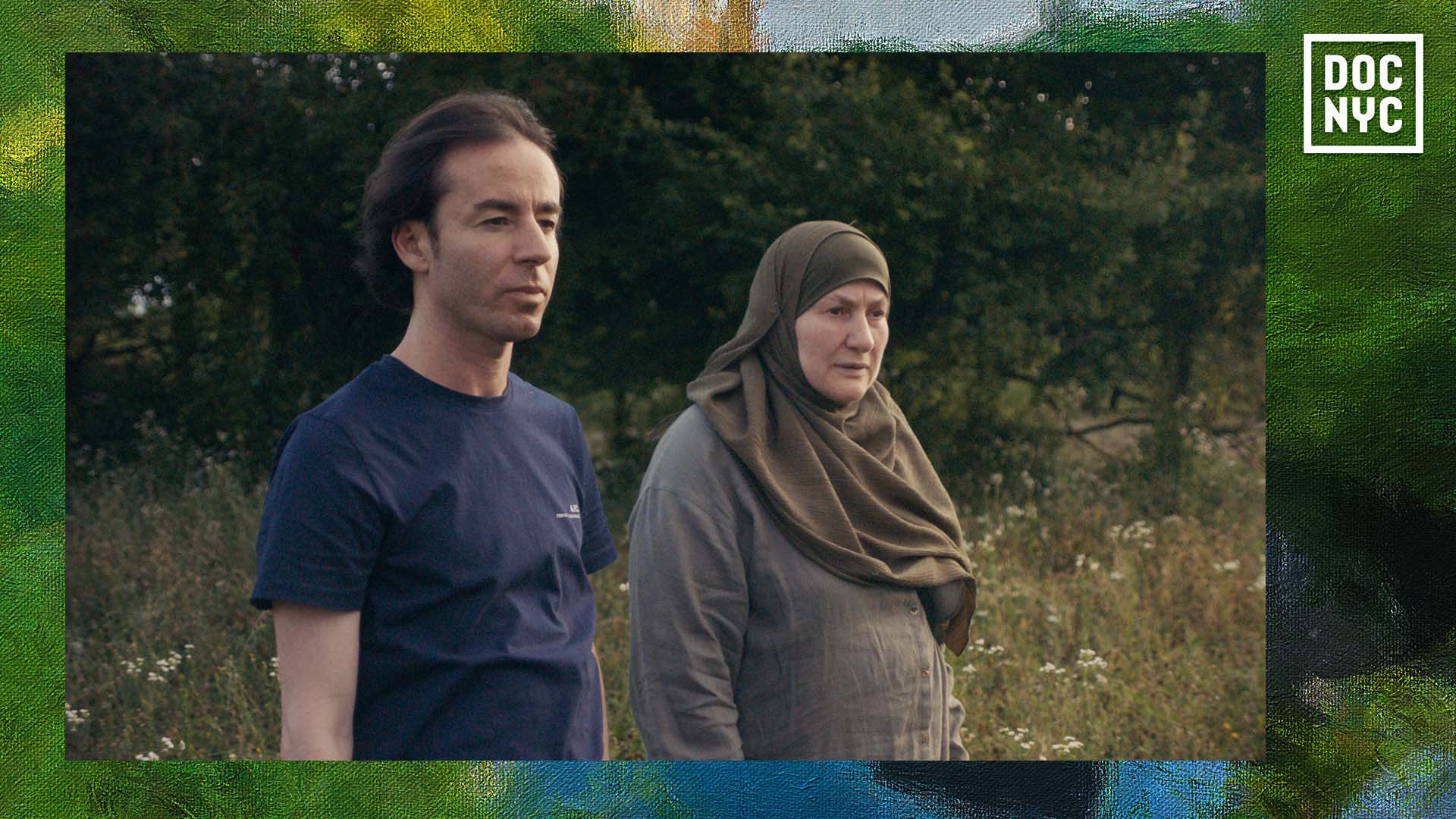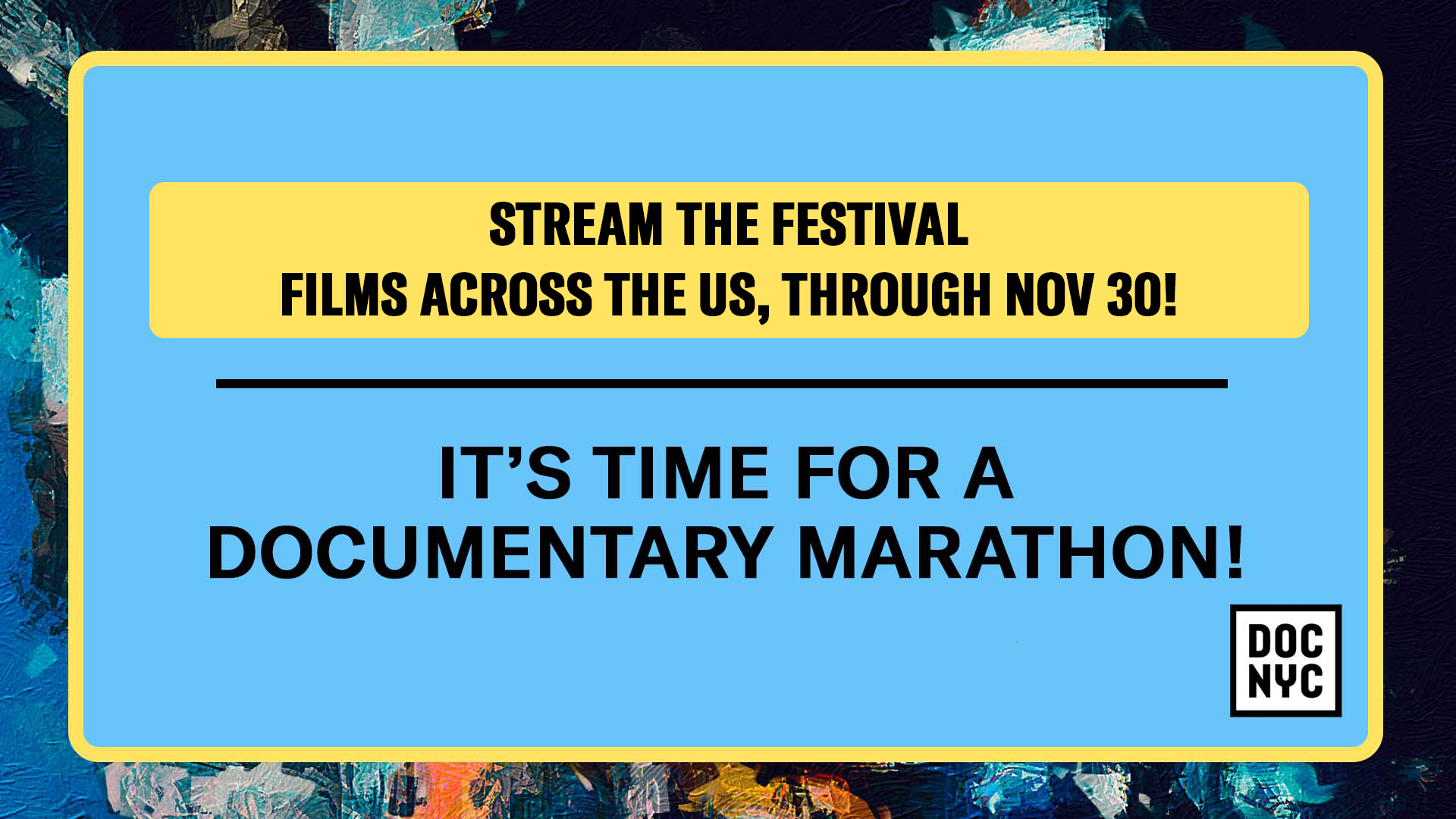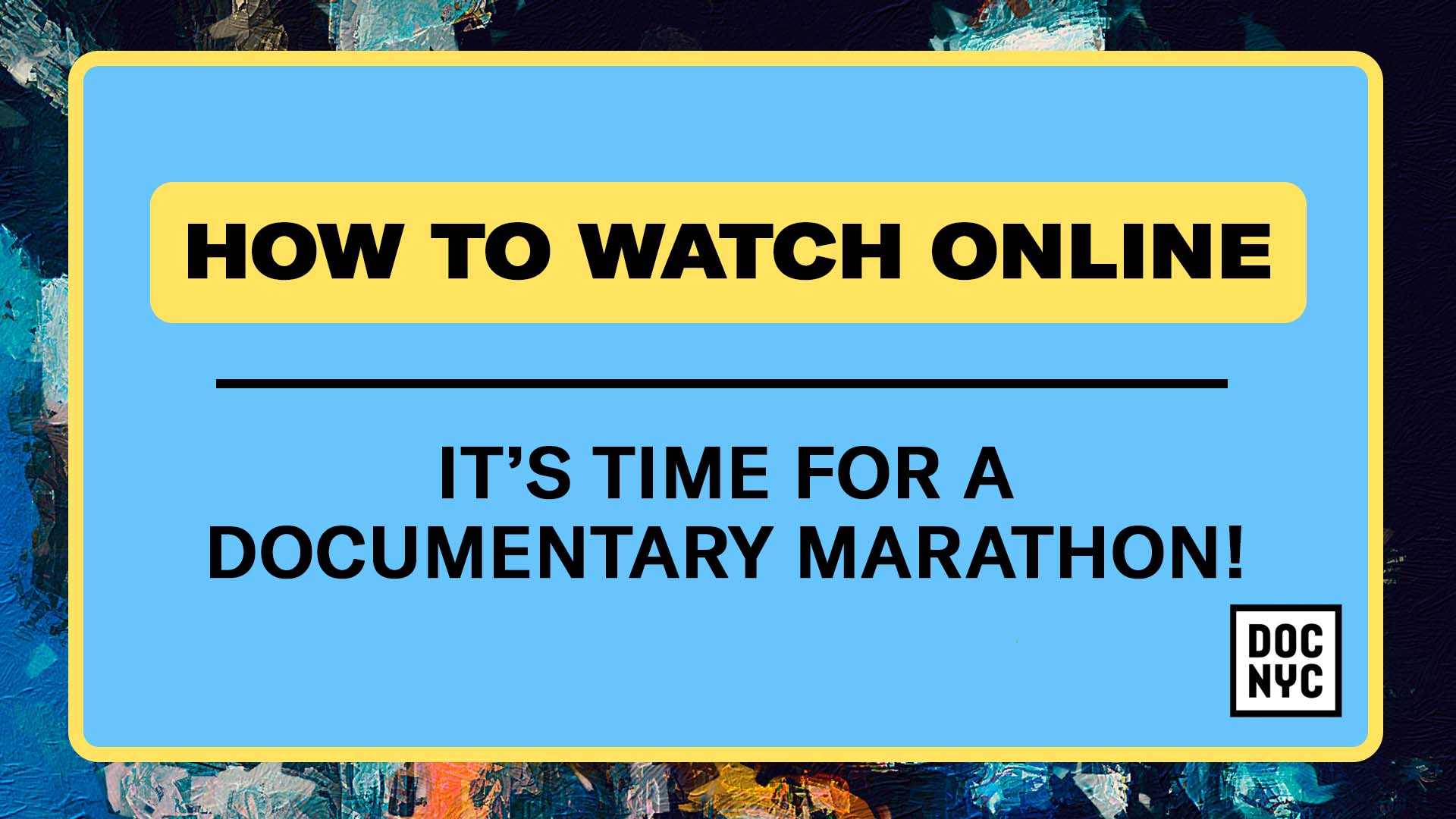Doc Talk: Errol Morris in Conversation

This post was written by DOC NYC blogger Maggie Glass

David Edelstein, the film critic for New York Magazine, began Friday’s conversation with filmmaker Errol Morris by ceremoniously dropping his prepared notes on the floor in favor of a more open-ended discussion on documentary style, technique, unpredictable interviews, and rules that were meant to be broken.
Morris, who admits to being a contrarian from youth, discussed the prevailing modes of the day when he started out in documentary. “Shoot with available light! Use lightweight equipment! People shouldn’t look at the camera! One thing I did was to abandon all that.” Pushing against the idea that verite aesthetics indicate a kind of neutrality and transparency, Morris transformed notions of what documentary can do. “Truth can’t be guaranteed by style,” Morris said. “Style is style. Truth is a quest.”
This quest-like approach as a filmmaker is a natural outgrowth from Morris’s background as private investigator. Edelstein and Morris discussed one of Morris’s most famous films, THE THIN BLUE LINE, about a man unjustly imprisoned for a crime he didn’t commit. While the film has a range of stylistic approaches, from reenactments to a Philip Glass musical score, Morris described it simply as “not really a film as much as an investigation of a murder case, with a camera.” His interviewing techniques allowed for evidence to emerge that eventually freed Randall Adams, the subject of his film. ““It goes to show what you can do when you don’t know what to expect in an interview,” Morris said. “I have been blessed, truly blessed, to have heard some of the crazy stuff I’ve heard during interviews.”
Also discussed was Morris’s most recent film, THE UNKNOWN KNOWN, which focuses on former Secretary of Defense Donald Rumsfeld. When asked how such a collaboration even came to be, Morris said he still didn’t know. “When I approached Donald Rumsfeld, I sent him a copy of my film, THE FOG OF WAR. He hated the film, said Robert McNamara had nothing to apologize for, and then he agreed to make a movie with me.” Edelstein pointed out that like many of his other films, THE UNKNOWN KNOWN exposes one’s enormous capacity for self-deception—our ability to convince ourselves something is true even if it’s not. This theme surfaces in much of Morris’s work, whether he is exploring pet cemeteries in California or the dubious justifications of war in Iraq. “The world is absurd,” Morris said. “The fact that the world is crazy makes my work possible.”




